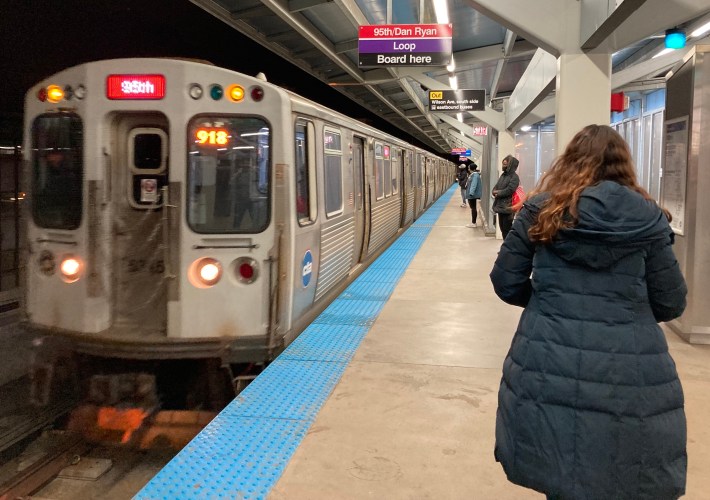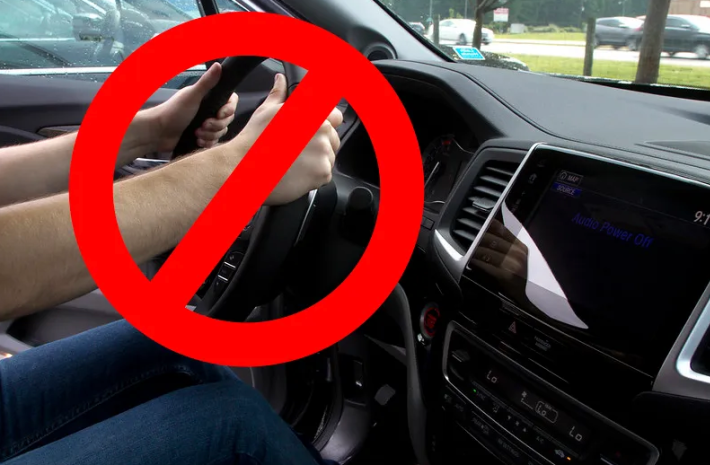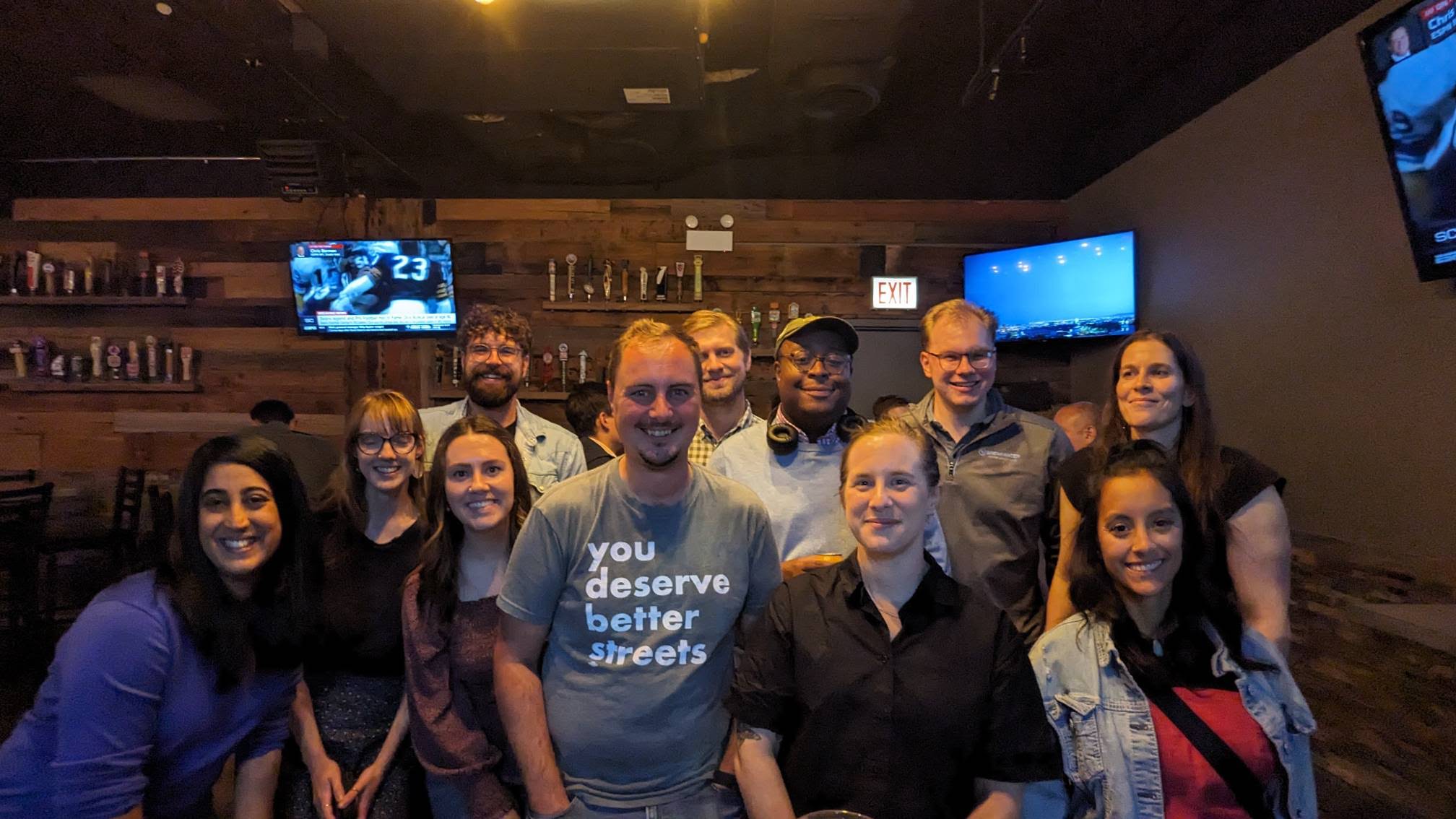October 2-8 marked the first time that the #WeekWithoutDriving challenge occurred nationwide, with participants committing to a week of not driving themselves. They could get around any other they wanted, including walking, rolling, or transit, as well as requesting or spending money on car rides.
The purpose of Week Without Driving is to give people, particularly elected officials, an idea of the challenges that those who can’t drive have to contend with. That may be due to a disability, car ownership costs, or being too young to have a driver’s license.
“This week is a reminder that mobility is a human right," said Girmay Zahilay, a a Councilmember with King County, which includes Seattle, according to a flyer about Week Without Driving distributed at last month's Chicago Mobility Collective meeting. "And it’s also a reminder that so many people in our region are excluded from this right, simply because driving for them is not an option."
Week Without Driving was launched in October 2021 by Anna Zivarts, who describes herself as "a low-vision mom and non-driver." The event is part of the Disability Mobility Initiative she started the previous year at the advocacy group Disability Rights Washington. After the challenge was held for two years in Washington State, where it received a proclamation from Governor Jay Inslee, Zivarts and Disability Rights wanted to expand the event to other parts of the country and the world.

For the third year, they partnered with America Walks, a national pedestrian advocacy group, which has led campaigns for better walking connections between communities, fighting freeway construction, and decriminalizing jaywalking. Ruth Rosas, a program manager at America Walks (and former Streetsblog staffer, who currently freelances for us), working in partnership with the Disability Mobility Initiative, is the main organizer of the nationwide Week Without Driving.
“We’re specifically asking elected and public officials – mayors, state representatives, City Council members, planning department, or department of transportation planning professionals – to take on this challenge so they can see the gaps and barriers and benefits in their communities with the transportation system," Ruth said before the challenge started this month. "Because it's one thing to hear about changes that may need to happen and it's a different thing to actually experience them."
The people behind Week Without Driving created templates for letters people could send to their elected officials to invite them to participate, Ruth said. "We also gave them examples... like proclamations from the governor and an op-ed that different elected and public officials ended up writing before and after their experience doing the challenge."

Chicago organizations that were involved with Week Without Driving included the grassroots transportation advocacy group Better Streets Chicago and the disability rights organization Access Living. The two groups held a rally on Wednesday, October 4, and a happy hour the next day where participants could talk about their experiences, according to Laura Saltzman, Access Living's transportation policy analyst. Some compared participating in the challenge as a person with disabilities with doing so as a person without them.
Saltzman said Week Without Driving encourages people who haven't thought about the issue before to consider what their commute would be like if they couldn't drive. "Have you been able to structure your life on having an easier commute? And what is that commute like for people who are not able to structure their lives around an easy commute?"
Rosas noted that Week Without Driving isn't a disability simulation. Rather, the organizers want people to aware that there are non-drivers in all communities, and there are communities where residents often don’t drive or have access to a car. These are typically people with disabilities, low-income residents, immigrants, and/or people of color.
“So we do have an emphasis that this is a mobility justice campaign focused on disability rights," Rosas said. "And we emphasize racial justice. We want to make sure that people are aware that there are people that exist [without easy access to cars] in our communities that and and we may not see them... [And] there's a lot of people who choose not to drive, and they can also be part of the movement."




